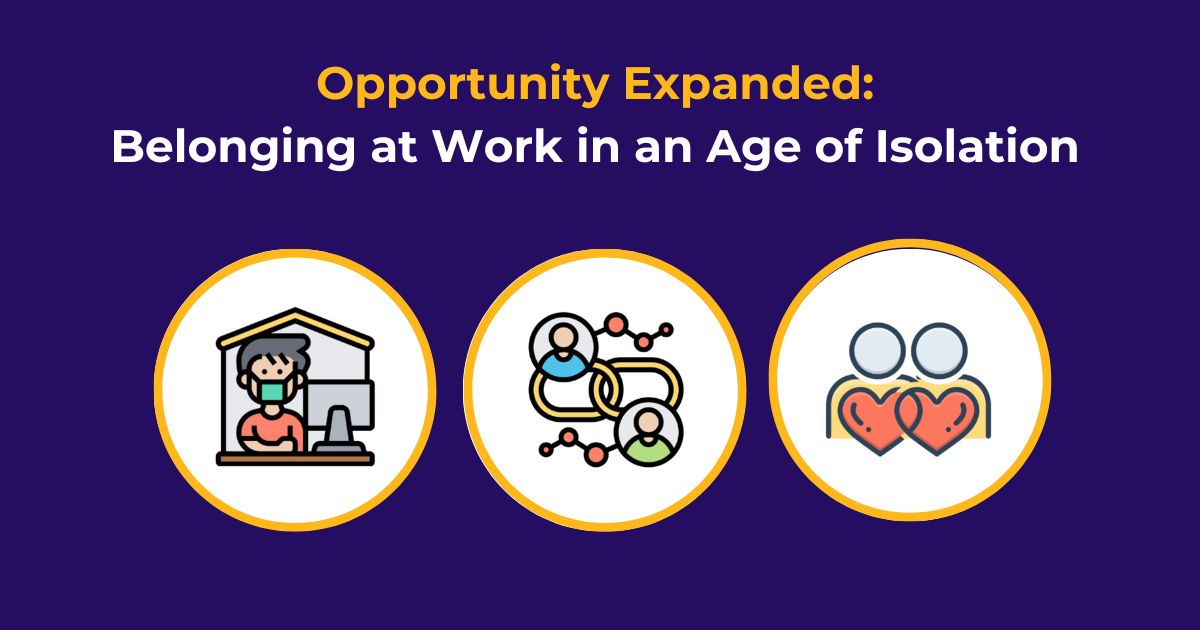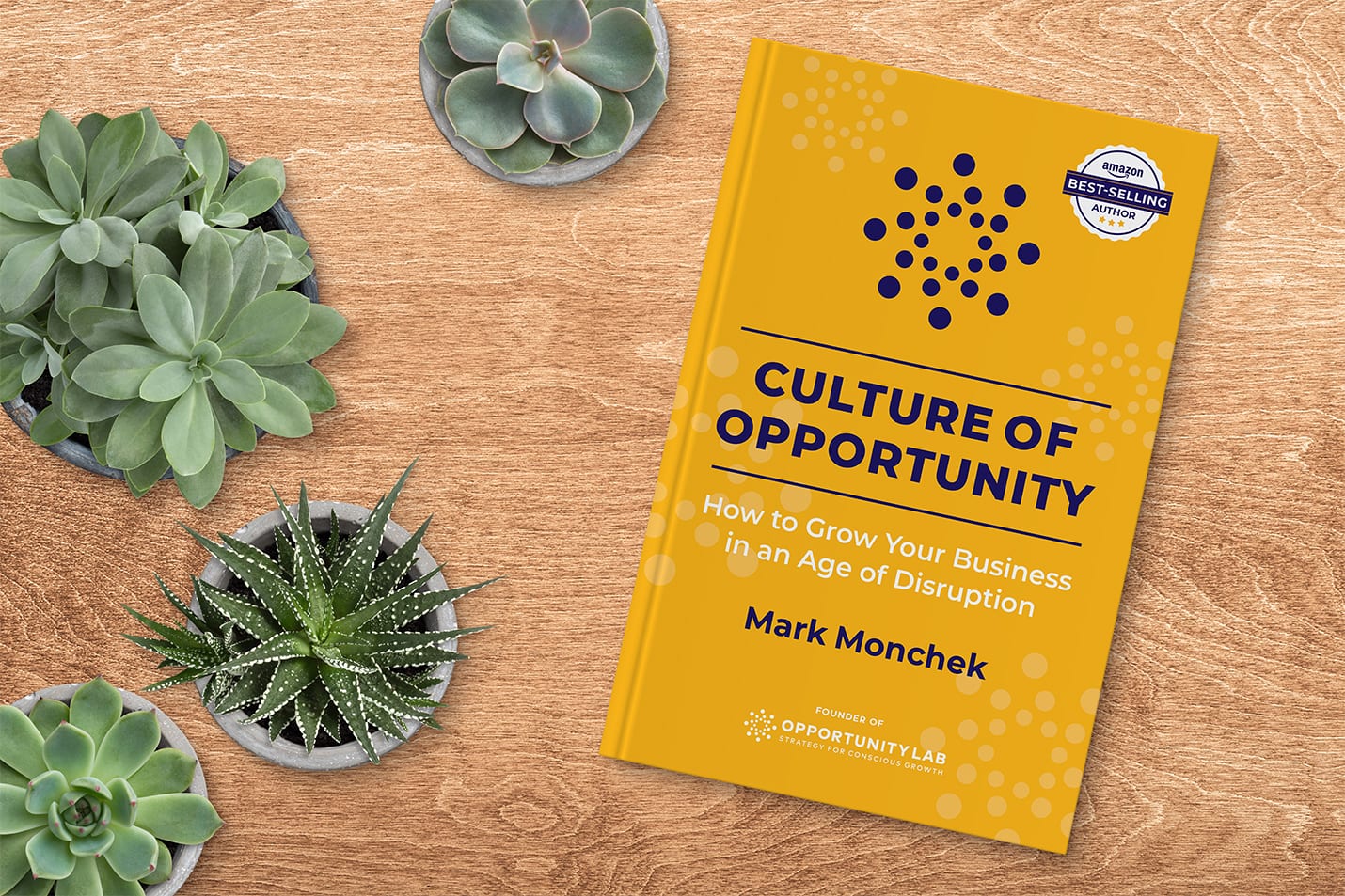People with a keen sense of belonging live healthier, happier lives. Close-knit communities are extraordinarily resilient, dynamic, and innovative – particularly in a crisis; various crises in American history illustrate this point. The San Francisco Earthquake of 1906, the Great Chicago Fire of 1871, the attacks on 9/11, and even Hurricane Katrina are examples of major tragedies which eventually helped bring people together. In the aftermath of these events, communities became closer and bonds became stronger. During Covid, the opposite…

